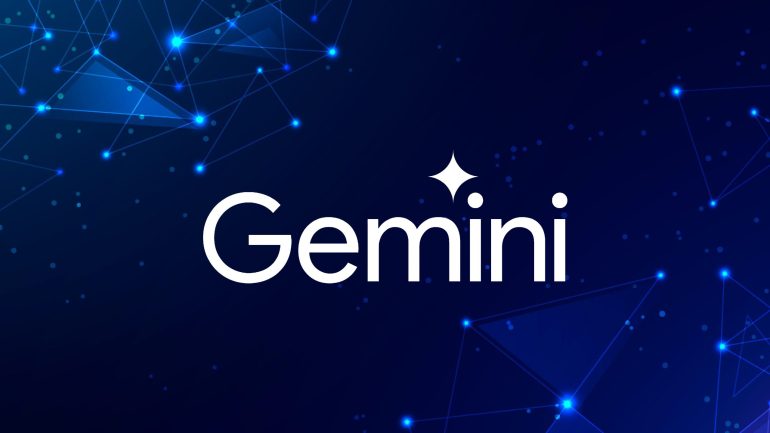- Google is updating its Gemini chatbot with Gemini 1.5 Flash, a streamlined model with improved quality and latency.
- The new model will be available on web and mobile platforms in 40 languages across 230 countries.
- Gemini 1.5 Flash is designed to be more cost-efficient and optimized for high-frequency AI tasks.
- The context window for Gemini is expanding to 32,000 tokens, allowing for better handling of long texts and continuity in conversations.
- File upload and analysis features will be available to all users, including uploading documents from Google Drive and local devices.
- A new feature will provide links to related web content to help verify information and reduce inaccuracies.
- Gemini’s availability is expanding to the European Economic Area, U.K., Switzerland, and more languages. The mobile app is also being launched in additional countries.
- Teenagers globally will gain access to Gemini with new safeguards and an AI literacy guide.
Main AI News:
In its ongoing quest to stay competitive with AI leaders such as Anthropic and OpenAI, Google has announced significant upgrades to Gemini, its AI-driven chatbot. The latest improvements focus on boosting the platform’s performance and broadening its reach.
From this Thursday, Google will roll out Gemini 1.5 Flash, a streamlined, multimodal version of its chatbot model. This new iteration will be accessible on both web and mobile platforms, covering 40 languages and approximately 230 countries. Google claims that Gemini 1.5 Flash offers notable enhancements in both quality and latency, particularly in reasoning and image comprehension.
A key advantage of Gemini 1.5 Flash is its potential cost efficiency. This model, touted as a “distilled” and highly optimized variant of Gemini 1.5 Pro, is designed for specific, high-frequency AI tasks. The streamlined nature of Gemini 1.5 Flash could lead to reduced operational costs while simultaneously enhancing overall performance.
In addition to the new model, Google is expanding Gemini’s context window to 32,000 tokens—equivalent to roughly 24,000 words or 48 pages. This expansion allows the model to handle longer texts and maintain continuity in conversations, making it more effective in summarizing and reasoning over extensive content.
Google is also introducing new features for Gemini users. Previously available only in the paid Gemini Advanced edition, the ability to upload files for analysis will now be accessible to all users. This will allow users to upload documents from Google Drive and local devices for tasks such as generating practice questions or visualizing data.
To address issues with AI-generated inaccuracies, Google is previewing a feature that will provide links to related web content beneath some responses. This feature aims to help users verify the information provided by Gemini and will be available to English-speaking users in select regions.
Google is expanding Gemini’s reach beyond its initial launch. The chatbot will now be integrated into Messages for users in the European Economic Area, the U.K., and Switzerland, with support for new languages including French, Polish, and Spanish. The mobile app will also see a broader rollout, and Gemini will become available to teenagers globally, with additional safeguards and a new onboarding process tailored for younger users.
Conclusion:
Google’s upgrades to the Gemini chatbot reflect a strategic effort to enhance its competitive edge in the AI market. By improving performance, expanding accessibility, and introducing cost-efficient measures, Google aims to strengthen its position against rivals like Anthropic and OpenAI. The broader availability and advanced features of Gemini, including the expanded context window and file analysis capabilities, are likely to attract a larger user base and enhance user engagement. Additionally, the introduction of safeguards for younger users indicates a proactive approach to addressing concerns about AI use among teens. This move could set new standards in AI chatbot performance and accessibility, positioning Google as a leader in the rapidly evolving AI landscape.

